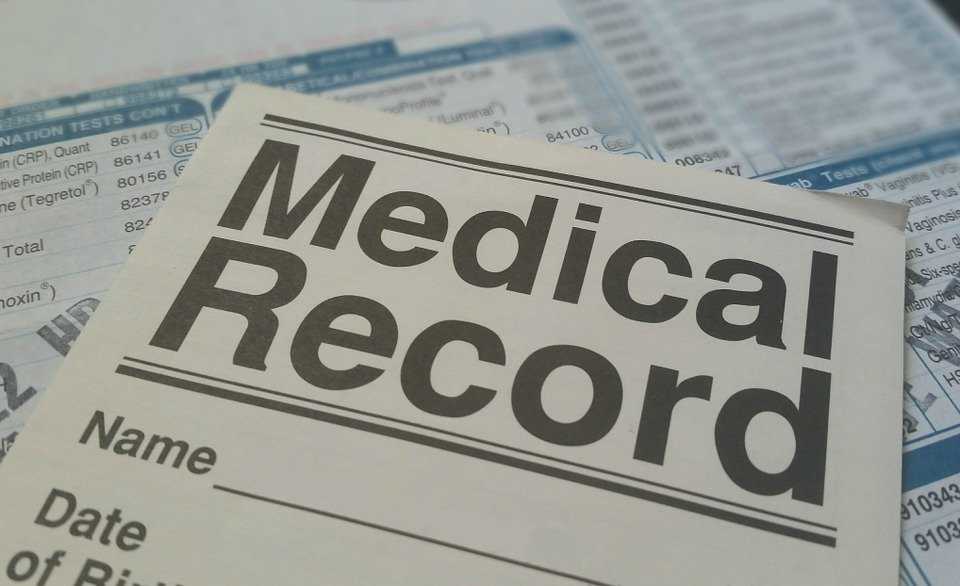
Military records can be requested by Veterans, their next-of-kin (the surviving spouse who has not remarried, parent, child, or sibling of a deceased veteran, for example), or authorized representatives.
TRICARE, the health care program for uniformed service members, retirees, and their families, states that the three times you should request copies of your medical and treatment records are when you are under permanent change of station (PCS) orders, you are deploying, or before you retire.
The National Personnel Records Center, Military Personnel Records (NPRC-MPR) retains the military personnel, health, and medical records of almost 100 million discharged and deceased Veterans of all services during the 20th century. To request records from the NPRC, you are going to need to provide specific information that allows them to locate the records.
To obtain records from the NPRC, you are going to need to provide the following information about the Veteran:
You want to provide as much information as you can because a record may not be located if information is missing.
NPRC states that 92% of separation record requests are processed within 10 days. Certain types of health records could involve delays. The NPRC processes almost 20,000 requests per week, so the turnaround time can vary depending on the nature of a request.
The eVetRecs system allows for emergency claims to be processed faster. DD 214/Separation Documents, Official Military Personnel File (OMPF), replacement medals, and medical records are all available online, while burial and emergency requests require fax.
A Veteran’s military medical records contain crucial information about diagnoses and treatment of medical conditions during the Veteran’s time in service. This information can provide valuable insight into the Veteran’s past conditions and current health.
Military medical records can help provide a more complete picture of the patient’s medical history and may be useful in treating ongoing conditions and diagnosing illnesses that arise after the Veteran has returned to civilian life.
If it becomes necessary to apply for disability benefits from the Department of Veterans Affairs (VA), military medical records can play an important role in documenting the Veteran’s medical treatments and overall condition of health during service, as well as showing the source of complications that arose later.
Information contained in a Veteran’s military medical records may be useful to support a claim for VA disability benefits for conditions such as post-traumatic stress disorder (PTSD). For example, if the Veteran suffered a traumatic injury while serving in the military and received medical treatment, this information could bolster a claim for VA disability benefits. Contact our law firm today for more information.
Our monthly newsletter features about important and up-to-date veterans' law news, keeping you informed about the changes that matter.